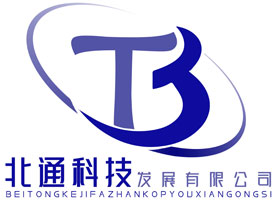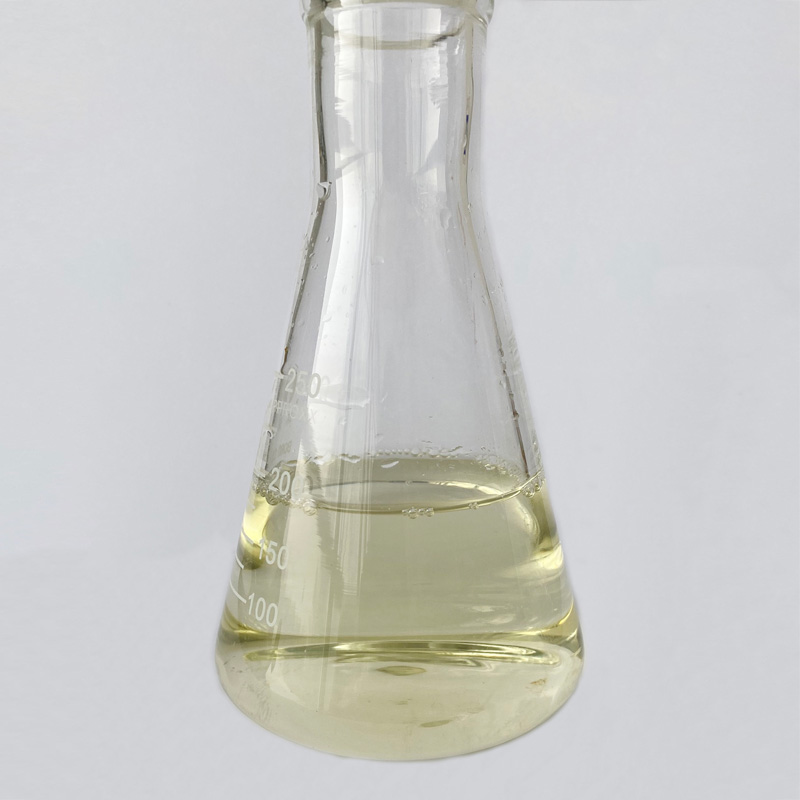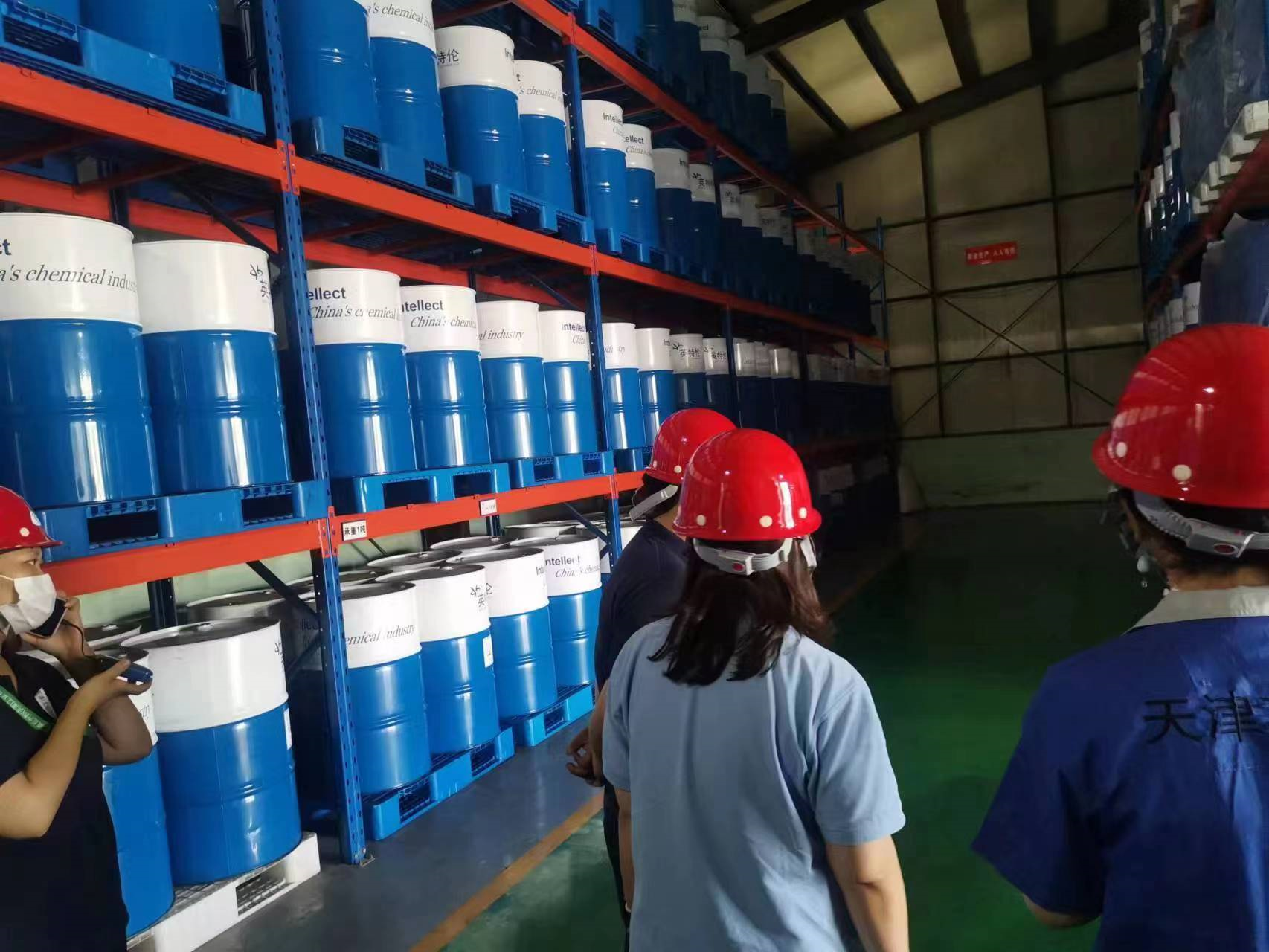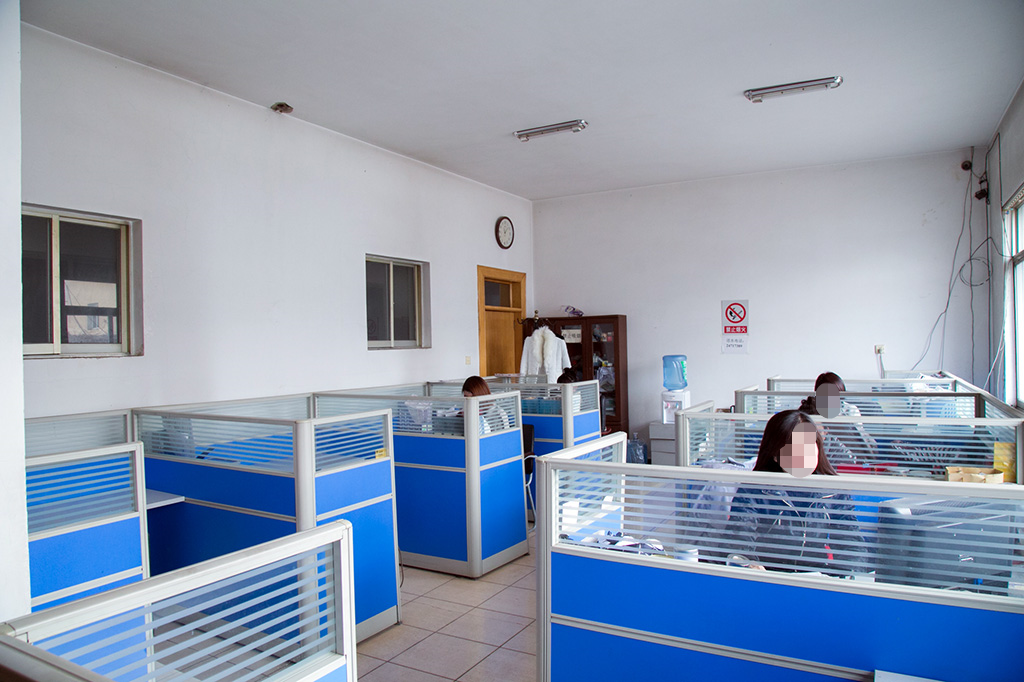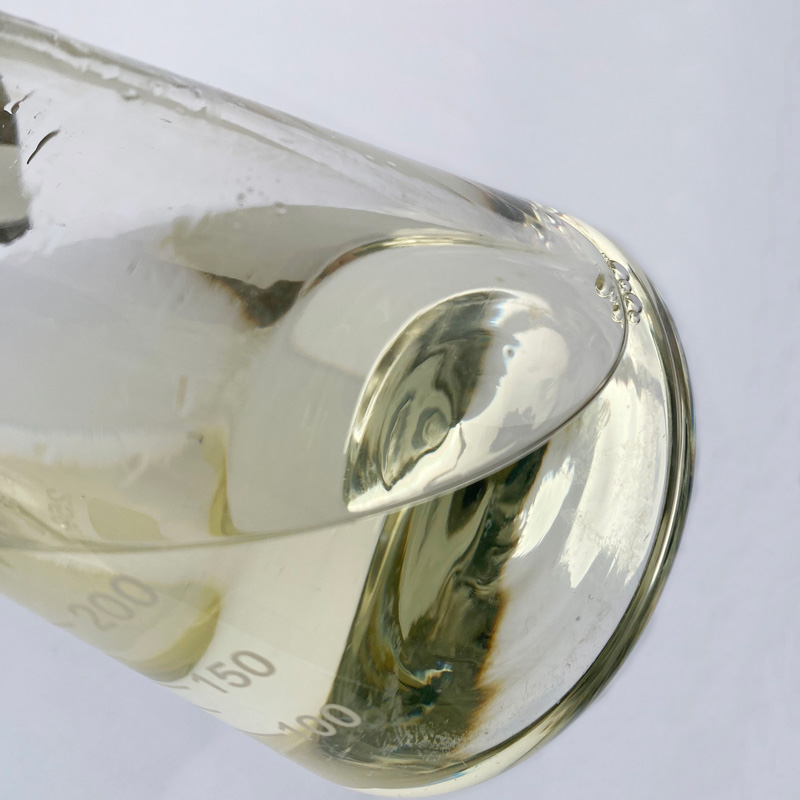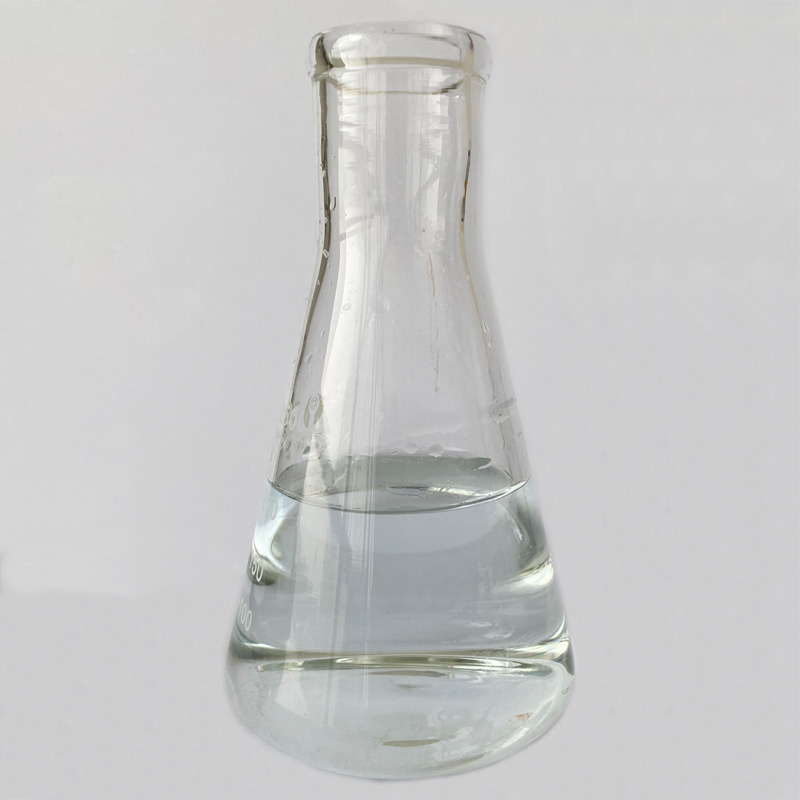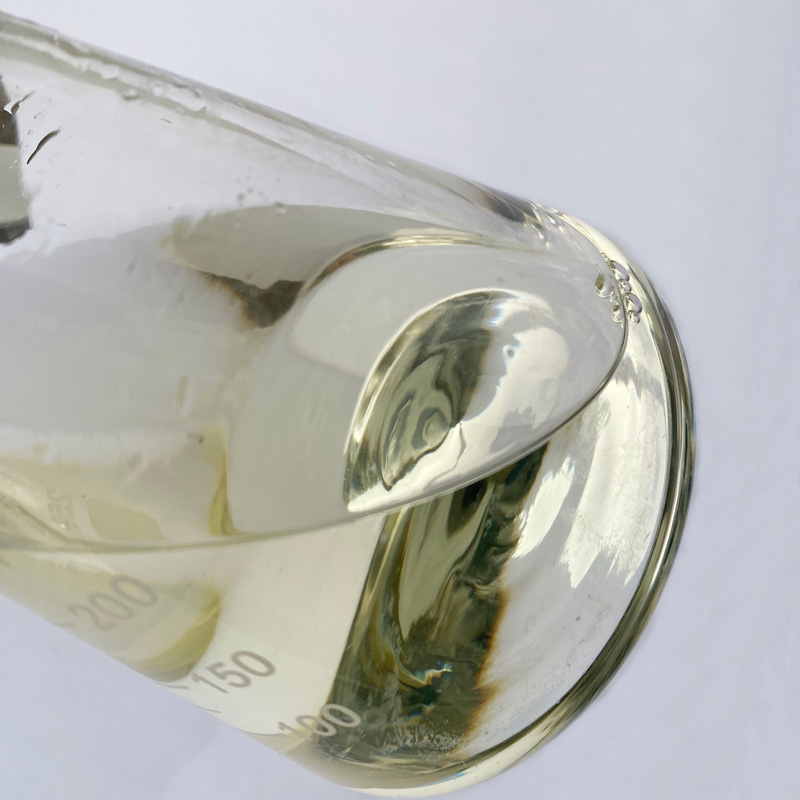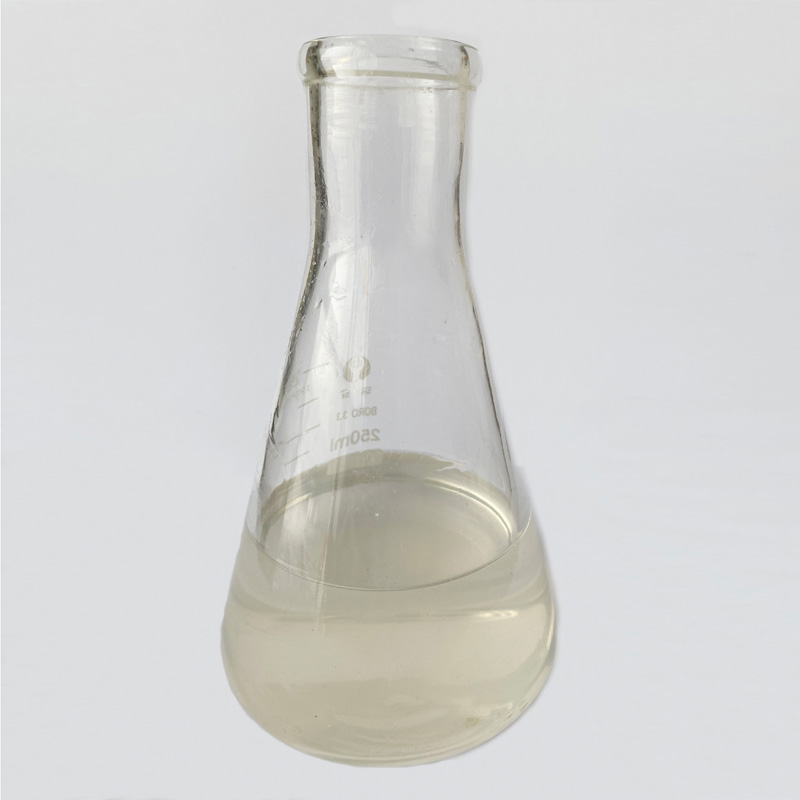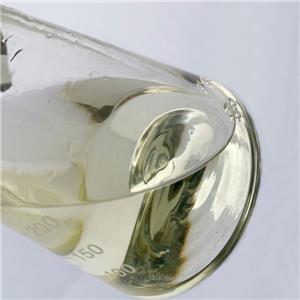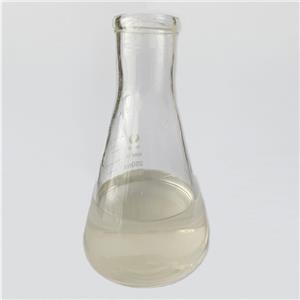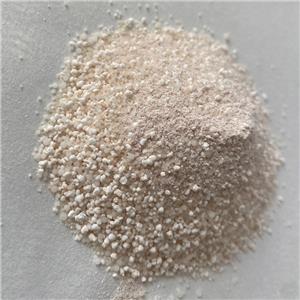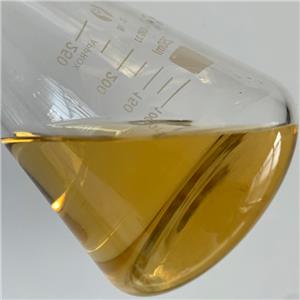Water-based Rust Inhibitor For Carbon Steel

- BT
- SHENYANG
Water-based rust inhibitor BT-6021
the inhibitor is a water-based anti-rust agent, and an environmentally friendly water-based rust inhibitor for carbon steel, GA(Zinc alloyed steels)、SPCC、galvanized steel(GI).
the agent compounded by a variety of surfactants, It has excellent anti-rust and lubricating properties for metals.
It can form a very thin protective film on the surface of the workpiece, protect the workpieces from corrosion during shipment and storage .
the inhibitor does not contain toxic substances such as nitrites, heavy metals, and phosphides, and does not irritate the skin. so it can reduce the enviromental footprint for the factory.
This product is completely miscible with water and readily biodegradable.
The company's water-based rust prevention agent is non-toxic or very toxic, no smell or small smell, will not burn (individual manufacturers of product stock can burn but the ignition point is relatively high). The metal workpiece using this kind of product does not need cleaning or only need simple cleaning before entering the next process, but must remove the oil on the surface, greatly simplifies the processing process, improves the efficiency, and replaces the organic solvent with water, has the advantages of environmental protection, fire prevention, small harm to the operator, is the development direction of rust prevention products. Water-based rust inhibitors have been widely used in foreign countries. Along with the growing awareness of environmental protection and the rapid development of international trade, the research and application of water-based rust inhibitors are gradually popularized in our country, which has achieved good use effect. Brush on the steel surface, can form a continuous, dense protective layer, cut off the oxygen and water vapor in the air and steel surface contact, to achieve the purpose of long-term rust prevention; In the general air environment, the rust prevention period can reach more than half a year; The traditional water-based rust inhibitor is to add a certain amount of rust inhibitor to the water solvent to prevent chemical or electrochemical action. Including the traditional water-soluble inorganic rust prevention agent still in use, most of the passivation technologies such as sodium nitrite, potassium dichromate, borate, aluminate, tungstate to generate insoluble rust prevention passivation film or reaction film. This inorganic rust inhibitor is cheap. However, after the antirust agent is applied to the metal surface, the liquid film is easy to flow. When the water evaporates, the metal surface will form a layer of white frost, losing its rust prevention effect. The antirust performance can not reach the effect of antirust oil, and the main raw materials used are highly toxic and carcinogenic, which seriously affects the health of operators. Although China has made some progress in reducing nitrite content, the effect of rust prevention is not ideal, and the problem of public hazards has not been eliminated. Chromic acid and dichromate are also banned because of environmental pollution and toxicity problems despite their good anti-rust effect.
The development of non-toxic environmental water-soluble rust inhibitor has become the focus of attention at home and abroad. The research and development level of environmental water-soluble rust inhibitor abroad is higher than that of China. A large number of non-toxic, biodegradable green products have been used in practice, but the relevant technology is the technical secret of the company, few public reports. A total of more than 1200 foreign patents were found, among which about 100 were water-soluble or water-based rust inhibitors.
